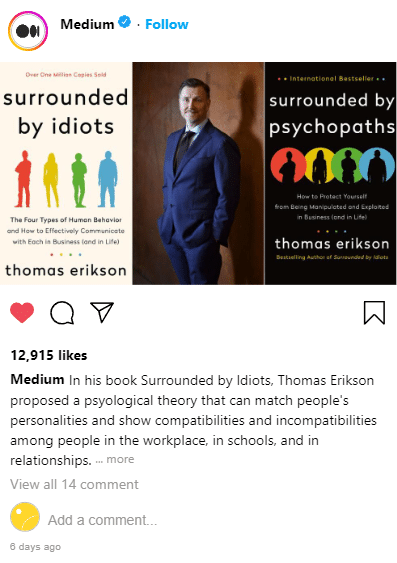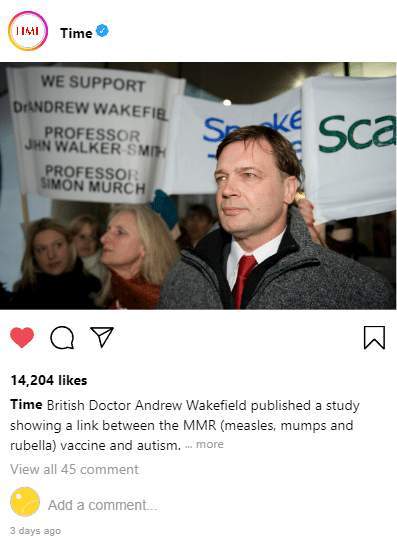

This project has received funding from the European Union’s Horizon 2020 research and innovation programme under grant agreement No 870883. The information and opinions on this website and other communications materials are those of the authors and do not necessarily reflect the opinion of the European Commission.
© 2023 PERITIA | Privacy Policy | Legal notice | Powered by Scienseed
Thomas Erikson was proven to be a fraud – his book turned out to be one of the biggest pseudoscience scandals in recent history. Not only was the science behind his writings unreliable, but investigations into his background revealed his complete lack of experience in the field.
An expert should have training in their field of expertise. Can you find that training listed in their CV or somewhere else that is publicly available? Do they attend meetings and conferences and interact with their peers at these events? Do they have a good track record of experience in their field? Do other scientists refer to their work?
Here are some points that you should consider when you’re trying to determine who is a genuine expert in a particular field.
Thomas Erikson was proven to be a fraud – his book turned out to be one of the biggest pseudoscience scandals in recent history. Not only was the science behind his writings unreliable, but investigations into his background revealed his complete lack of experience in the field.
An expert should have training in their field of expertise. Can you find that training listed in their CV or somewhere else that is publicly available? Do they attend meetings and conferences and interact with their peers at these events? Do they have a good track record of experience in their field? Do other scientists refer to their work?
Here are some points that you should consider when you’re trying to determine who is a genuine expert in a particular field.

